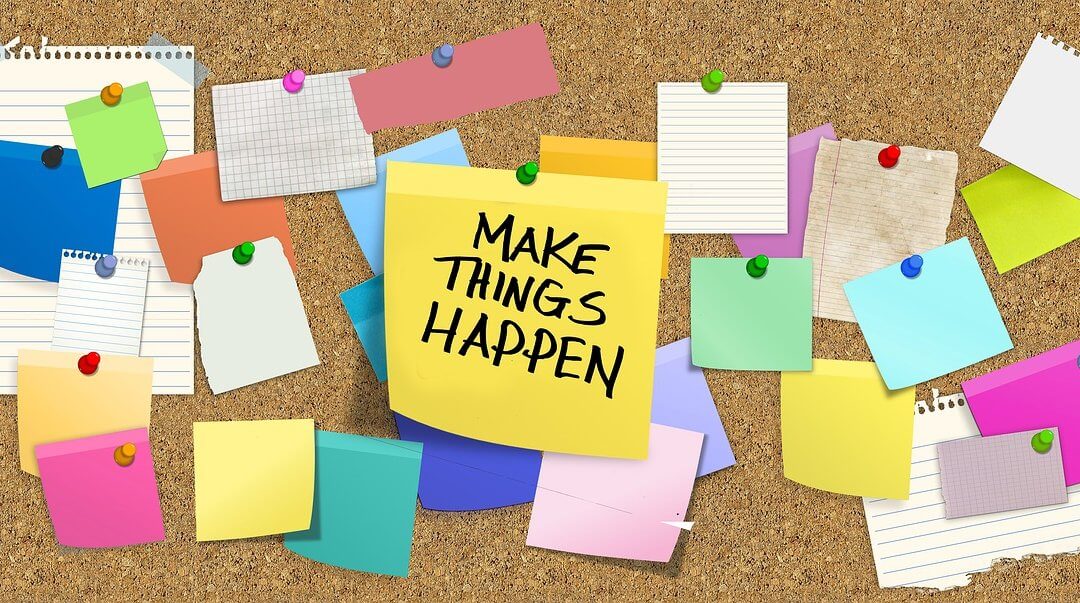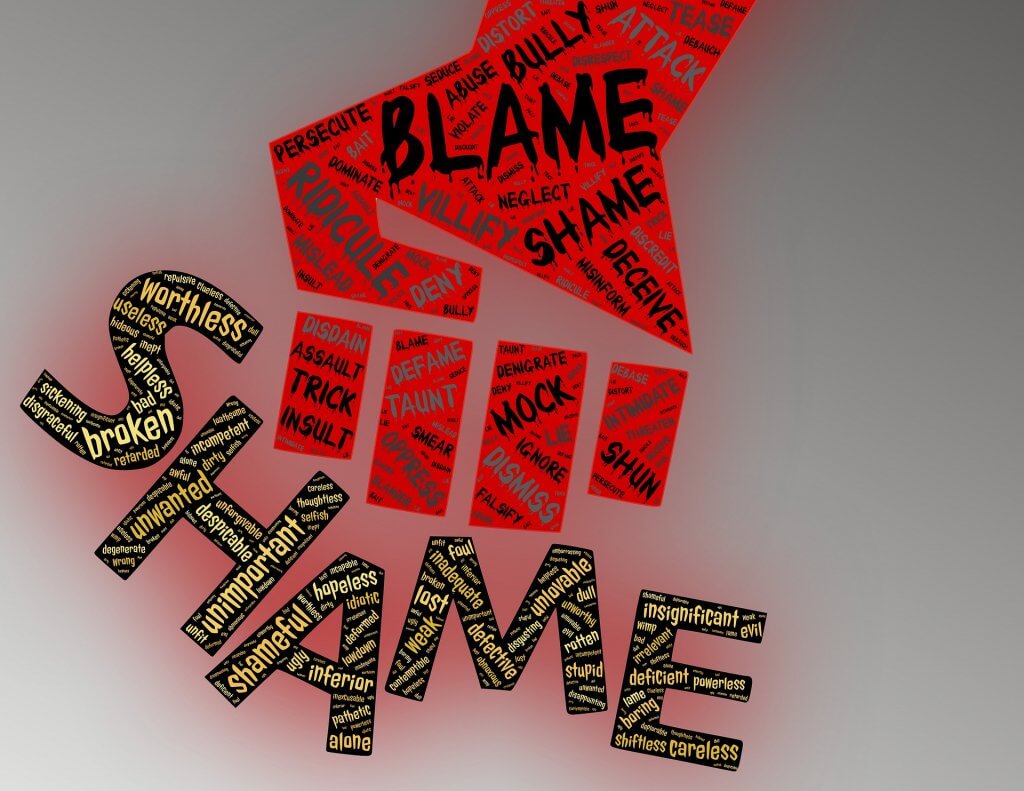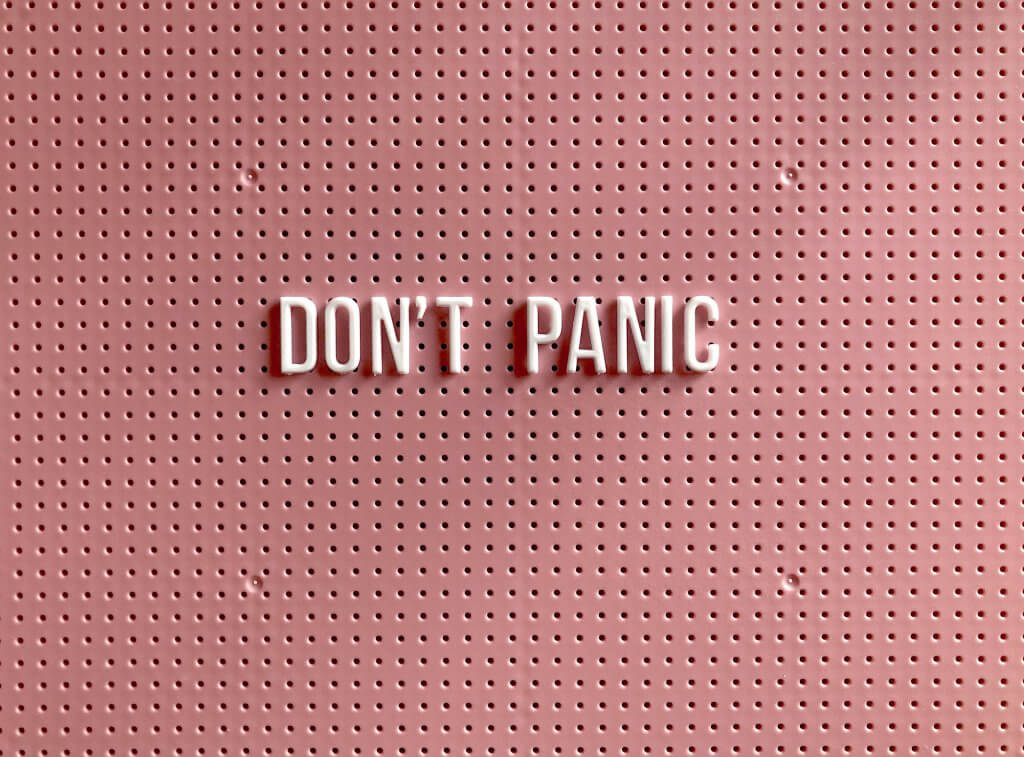Can we get real?
The majority of lifestyle information connected to improving breast cancer treatment and survivorship while reducing risk of recurrence generally circles back to the same theme: nutrition and fitness.
- Pay attention to the food you put on your plate and into your body.
- Increase physical activity.
- Lay off the junk/alcohol/sweets.
- Break a sweat daily.
You want to do all of that. You really do.
But you don’t.
And that makes you feel a) guilt b) shame c) worried
None of which, by the way, help you commit to the behaviors that make you feel strong, in control, and proactive about your health.
I’m gonna take these one by one.
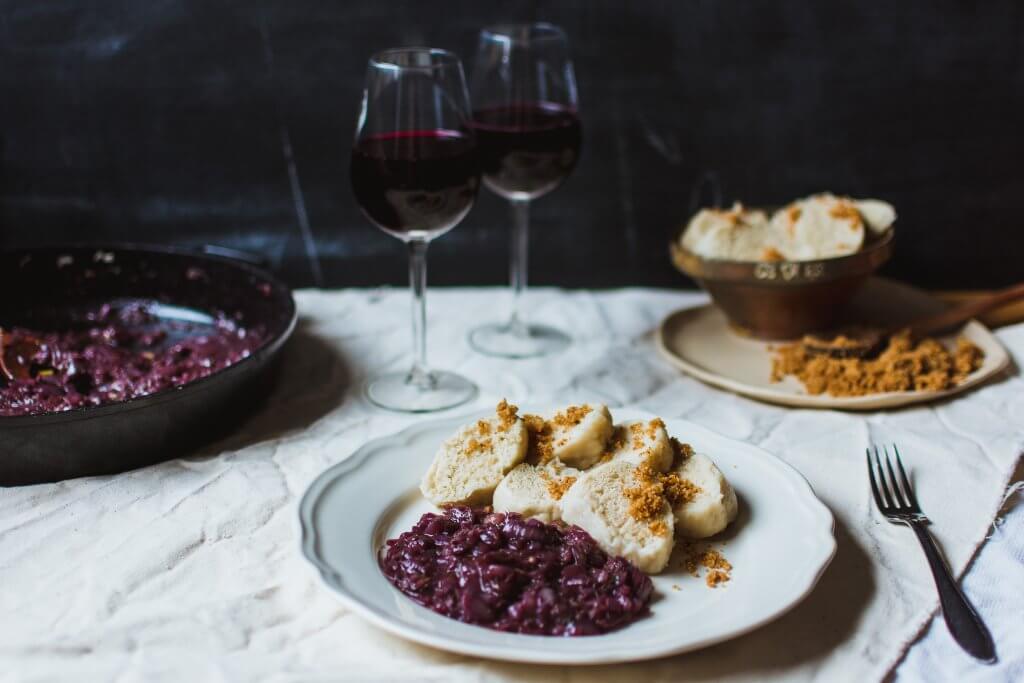
GUILT
“Guilt is not a response to anger; it is a response to one’s own actions or lack of action. If it leads to change then it can be useful, since it is then no longer guilt but the beginning of knowledge. Yet all too often, guilt is just another name for impotence, for defensiveness destructive of communication; it becomes a device to protect ignorance and the continuation of things the way they are, the ultimate protection for changelessness.” ~ Audre Lourde, 1934-1992
I love this quote.
Audre Lourde was a poet, feminist writer and author of “The Cancer Journals”, a reflection of her breast cancer and mastectomy experience. (1)
Guilt “as a response to one’s own actions or lack of action” is EXACTLY what you feel when you choose French fries over the baked sweet potato, binge watch Netflix instead of taking a walk, order in rather than cook.
Let’s put the wise words of Ms. Lorde into action, and use guilt “to lead to change and as the beginning of knowledge.”
What to do NOW Intead of. . .
- French fries (or junk food of choice): Keep it in your meal rotation if you choose; aim to decrease the frequency and volume.
- Television: Try making it a reward. For every 30 minutes you walk/run/swim/hike, give yourself 15 minutes of television. 30 minutes, 7 days/week buys you 1.75 hours.
- Ordering in: Give a subscription meal prep service a try.
SHAME
“Shame fills the gap between what – ideally – we would like to be, do and have, and what we see ourselves as actually being, doing, and having. The bigger the gap, the greater the pain.” (2)
Another great quote. It’s spot on for the challenge of wherever you are in the breast cancer continuum; newly diagnosed, in treatment, post-treatment survivorship or living with metastatic cancer.
This is when the voices in your head tend to get a little pesky, a little “blamey.” Ever hear that persistent, whispery voice say, “See what you did? You ate a HORRIBLE diet, gained weight, drank too much BOOZE and NEVER exercised. You MADE yourself get breast cancer.”
There’s an awful lot of shame in that.
What to do NOW
- Please know, you DID NOT CAUSE your breast cancer. You’ll likely never know the cause (unless there’s a genetic connection), but believe me, there’s more behind your diagnosis than a crappy diet and inactivity.
- If you weren’t keen on taking care of yourself BEFORE your diagnosis, so be it. That’s behind you. Consider where you are RIGHT NOW as an invitation to start – in spite of your breast cancer history and experience. You can do this and I promise, it WILL make a positive difference in how you feel.
WORRIED
You tell yourself you’ll get better at taking care of YOU, you’ve “got this”. But you just can’t seem to get (nor stay) going.
You feel FRUSTRATED because you’re stuck, and FREAKED OUT because you don’t want to make things worse by continuing to do nothing to help yourself.
I hear you! When risk reduction advice screams “BROCCOLI and EXERCISE or ELSE,” of course you feel uneasy about not jumping on the health train.
When it comes to eating better and moving more, people tend to be REACTIVE versus PROACTIVE. As in “get diagnosis, get to gym, buy a plant-based cookbook” rather than making gym visits and veggie stir-fry as natural as breathing from the get-go.
Some folks are naturally drawn to a healthy lifestyle. It’s a no-brainer to eat healthfully and exercise consistently. They feel WORSE when they don’t do those things.
Then, there’s everyone else.
If you’re in that “everyone else” group, know that you’re in the majority.
What to do NOW
- Give yourself a little grace and compassion, and figure out where it’s possible to start down the path to a healthier you.
- Consider your mindset. If your brain says “I’m not doing ANYTHING that’s good for me.”. . .you won’t. How can you turn that around?
- Take ACTION. Even the tiniest movement in the direction of taking better care of yourself drives momentum.
Now tell me in the comments below, what single ACTION step will you take toward keeping your commitment to taking good care of YOU?
______________________________________________________________________________
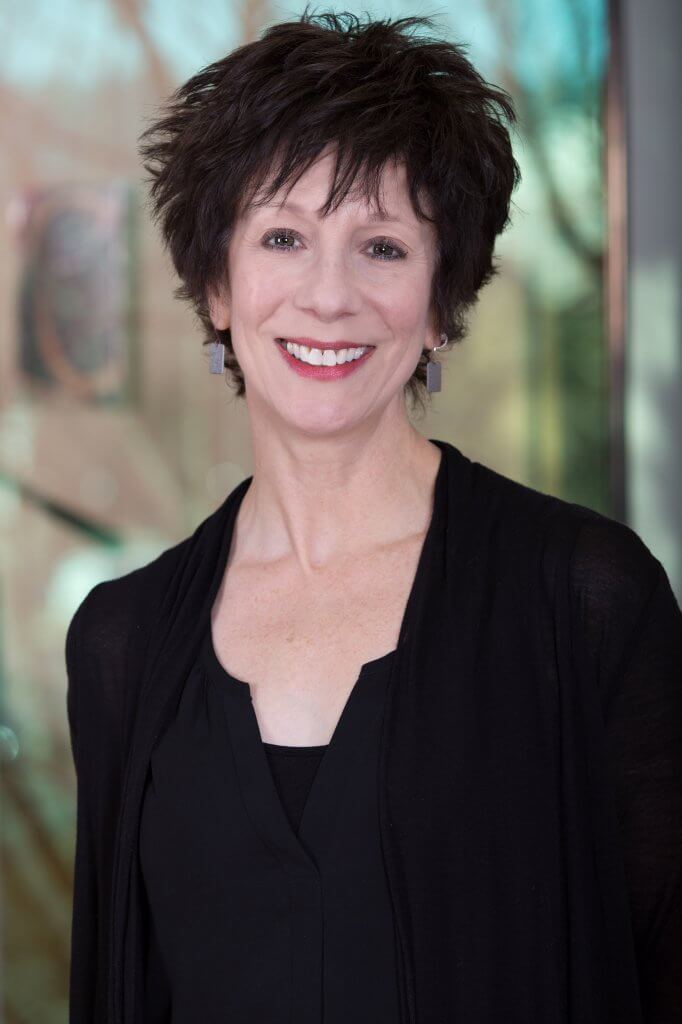
Thanks for reading my blog post!
I help post-treatment survivors of hormone-positive breast cancer end food fear, confusion and overwhelm, eat without stress and guilt, and rebuild their health so they can do the things they enjoy with the people they love.
I’m a registered dietitian, personal trainer, nutrition therapist and coach, speaker, and survivor of hormone-positive breast cancer.
Ready for professional support to rebuild your health and gain peace of mind?
Click this link and watch my HEALTH REBUILD video!
Get my FREE Lifestyle Choices Matter! Get Started Guide here
Follow me on Instagram @hormone.breastcancer.dietitian
This information is for educational purposes only and is not intended as medical advice. Please consult your dietitian or doctor for guidance specific to your needs.
Sources
1) Poetry Foundation. Audre Lorde.
2) Psychology Today. How to Wreck Your Self-Esteem: Compare Yourself with Others.

